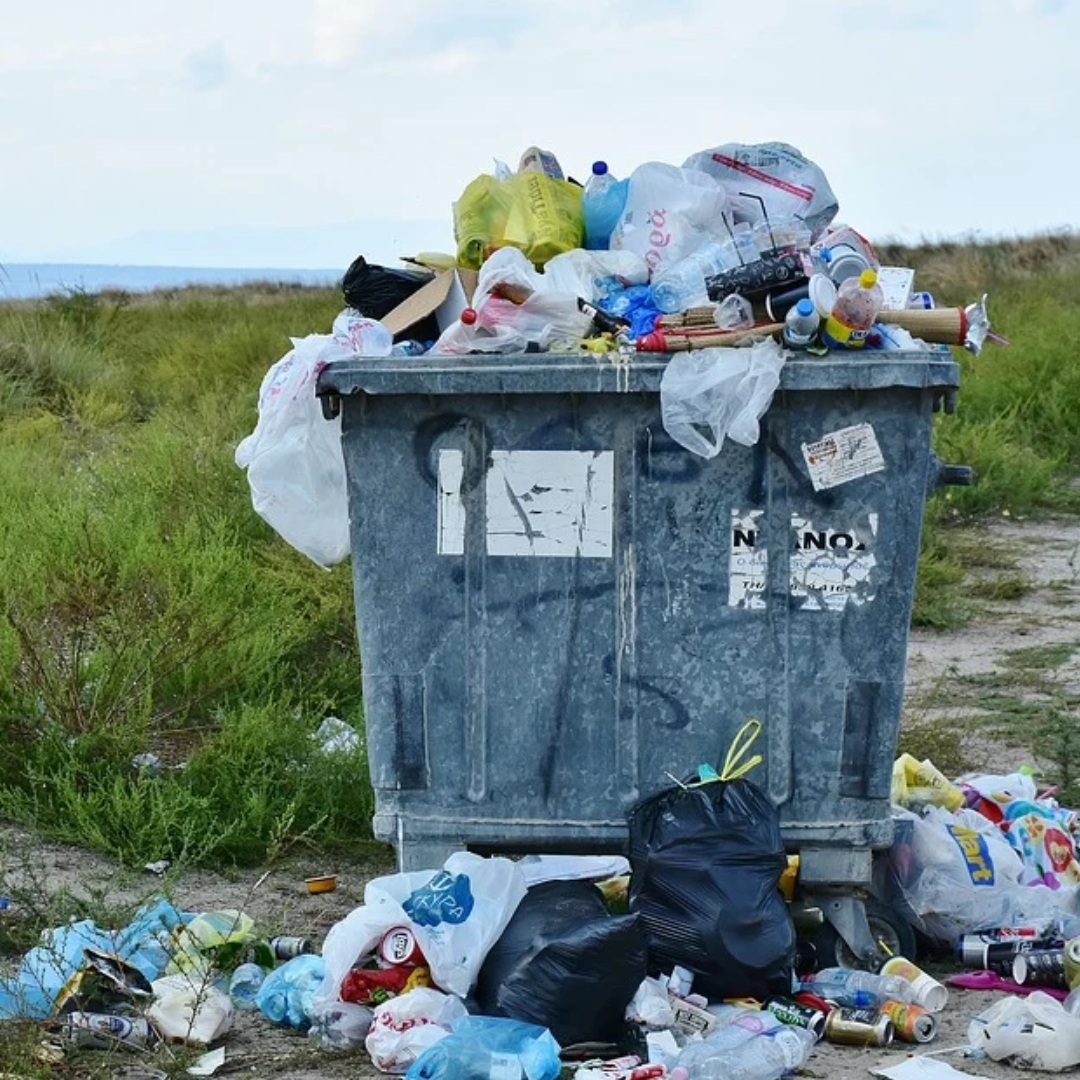
Image Credits: Pixabay (Representational)
Study Suggests Plastic Waste Products May Soon Be Turned To Natural Source By Recycling
Writer: Ankita Singh
A literature lover who likes delving deeper into a wide range of societal issues and expresses her opinions about the same. Keeps looking for best-read recommendations while enjoying her coffee and tea.
Others/World, 29 Sep 2021 2:51 PM GMT
Editor : Madhusree Goswami |
A mountain girl trying to make it big in the city. She loves to travel and explore and hence keen on doing on-ground stories. Giving the crux of the matter through her editing skills is her way to pay back the journalism its due credit.
Creatives : Ankita Singh
A literature lover who likes delving deeper into a wide range of societal issues and expresses her opinions about the same. Keeps looking for best-read recommendations while enjoying her coffee and tea.
A new study by researchers at Cornell University, aimed to ease the process of chemical recycling, showed how to turn waste products back into the natural resources it was produced from originally.
Researchers at Cornell University conducted new research intending to ease the process of chemical recycling. Chemical recycling, which is an emerging industry, could turn waste products back into natural resources by physically breaking plastic down into smaller molecules.
In a new paper titled, 'Consequential Life Cycle Assessment and Optimization of High-Density Polyethylene Plastic Waste Chemical Recycling', that was published in the journal ACS Sustainable Chemistry and Engineering, Fengqi You, the Roxanne E. and Michael J. Zak Professor in Energy Systems Engineering and doctoral student Xiang Zhao detailed a framework to incorporate several mathematical models and methodologies that factor everything starting from chemical recycling equipment, processes and energy sources, to environmental effects and the market for end products.
The framework which is discussed in this research is the first comprehensive analysis that quantifies the life-cycle environmental impacts of plastic waste chemical recycling, such as climate change and human toxicity.
Chemical Recycling: An Emerging Industry
As per one often-cited study, billions of tons of plastic have been produced since the 1950s, yet most of it ( 91 percent) has not been recycled. With growing landfills and contaminated natural areas as a major environmental concern, the failure to reduce and reuse plastic is viewed as a missed economic opportunity.
This is the reason why the emerging industry of chemical recycling is capturing the attention of the waste industry and researchers.
Not just chemical recycling creates a 'circular economy,' in which a waste product can be turned back into a natural resource, it also opens the door for plastics such as high-density polyethene. These plastics are used to produce items such as rigid bottles, toys, underground pipes, and mail package envelopes.
The paper also highlights the benefits of consequential life-cycle optimisation when compared with more traditional analytical tools.
While the analysis provides industry experts and policymakers, a pathway for advancing chemical recycling and a circular economy for plastics, a number of choices or variables along with the technological path must be considered as well.
For example, if the market demand for basic chemicals like ethylene and propylene is high, the framework recommends a specific type of chemical separation technology, while if butane or isobutene are desired, another type of technology is optimal and should be considered.
The research was supported by the National Science Foundation.
Also Read: About 20 RTI Activists Killed In Bihar Over Past Decade
 All section
All section














